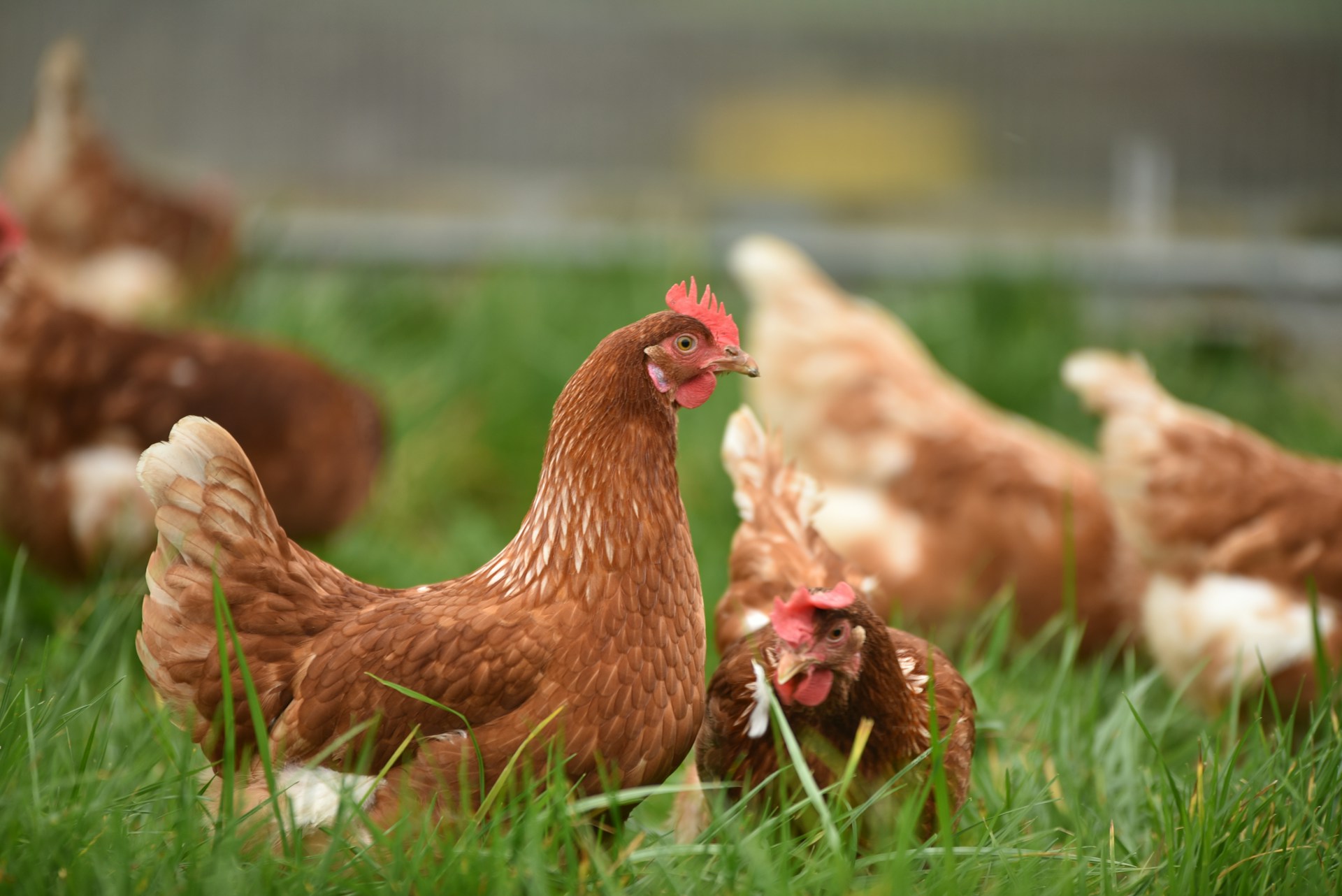The United Kingdom is lifting its mandatory housing order for poultry, which was introduced in December 2024 due to a severe outbreak of avian influenza. The announcement brings relief to many poultry farmers, as birds will once again be allowed access to outdoor areas. However, key restrictions remain in place in specific high-risk zones.
According to the Department for Environment, Food and Rural Affairs (Defra), the risk of bird flu spreading among wild birds and domestic flocks has now fallen to a level that allows for the return of free-range farming. Nevertheless, this change does not apply to premises located within existing protection or surveillance zones, where recent cases of avian flu were still detected. Events such as poultry shows, agricultural fairs, and exhibitions also remain prohibited until further notice.
Since October, approximately 2.1 million laying hens and pullets have been humanely culled to contain the spread of the virus, the ministry confirmed. While the easing of restrictions is welcomed by the industry, Chief Veterinary Officer Dr Christine Middlemiss stressed that farmers must continue to follow strict biosecurity protocols and report any suspected cases of the disease immediately to the Animal and Plant Health Agency.
Gary Ford, spokesperson for the British Free Range Egg Producers Association, commended the decision to take a flexible approach to lifting the housing order. He stated that this would return autonomy to farmers, allowing them to make welfare-based decisions tailored to their flocks. The official end to the housing requirement is scheduled for 22 May.
Prepare for Safe Outdoor Access
Poultry keepers are being urged to use the coming days to prepare outdoor areas for safe reintroduction. Defra advises that birds should be gradually reintroduced to reduce stress and prevent welfare issues. Farmers are encouraged to give animals time to adjust to outdoor conditions before fully lifting confinement.
Officials also reminded keepers that the avian flu virus can remain infectious in droppings, feathers, and carcasses for up to 50 days — and even longer in damp conditions or standing water. This means outdoor areas must be thoroughly cleaned and secured against contamination.
To maintain safety and biosecurity, Defra issued the following key recommendations:
-
Keep wild birds away from domestic flocks and their outdoor runs.
-
Clean and disinfect concrete and other hard surfaces regularly.
-
Remove any droppings, feathers, or dead birds from the area, and disinfect the ground with an approved product suitable for outdoor use.
-
Allow heavily contaminated spaces to be exposed to direct sunlight.
-
Cover or fence off standing water and ponds, which could carry droppings from wild birds.
These measures are considered essential to avoid a resurgence of avian flu cases. While the relaxation of rules offers some relief to farmers, authorities emphasise that vigilance remains crucial as the virus continues to pose a threat.
